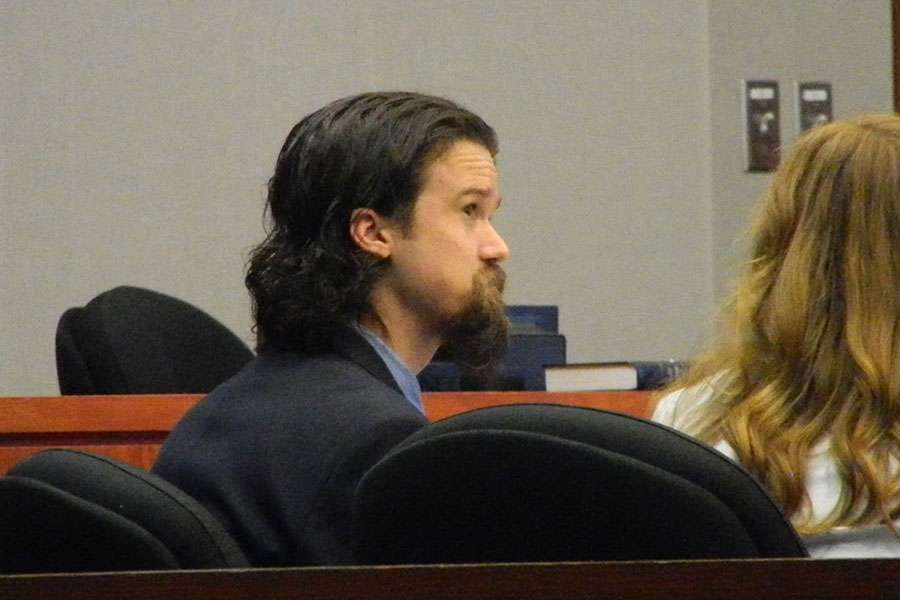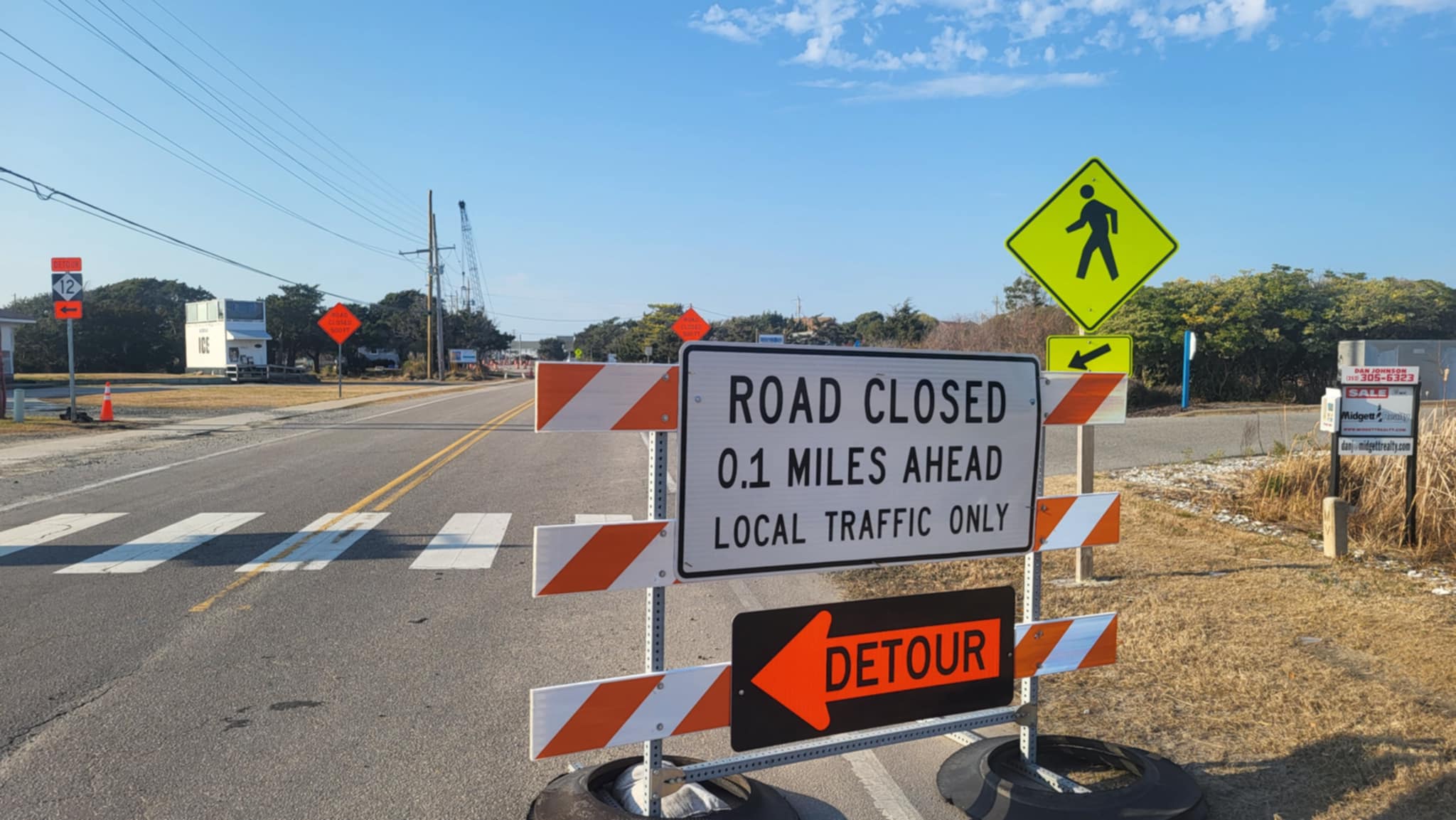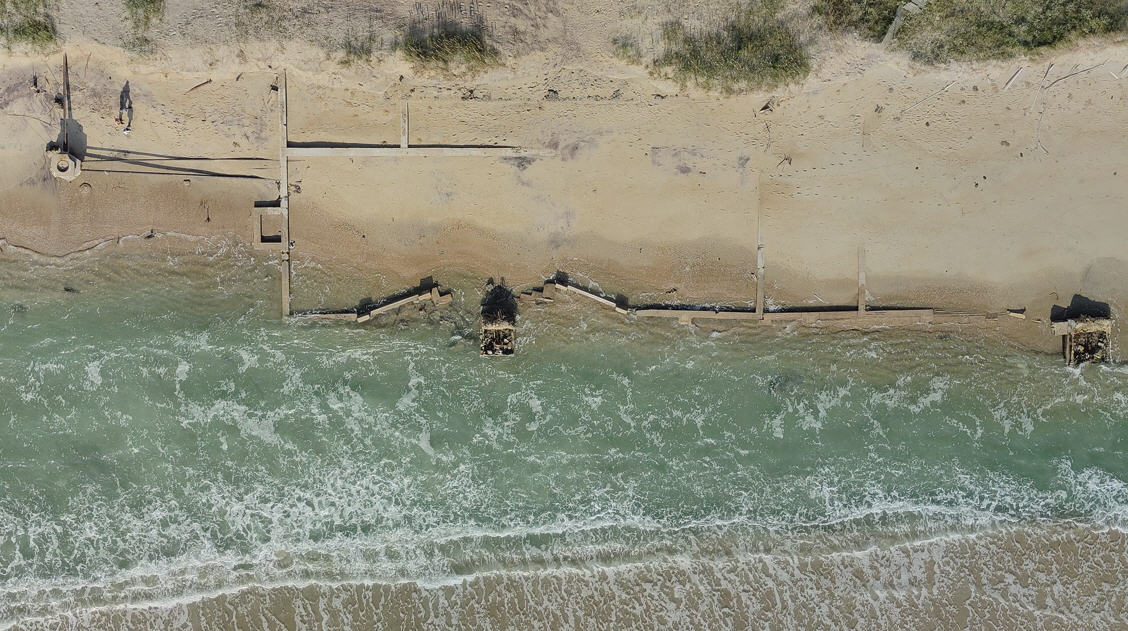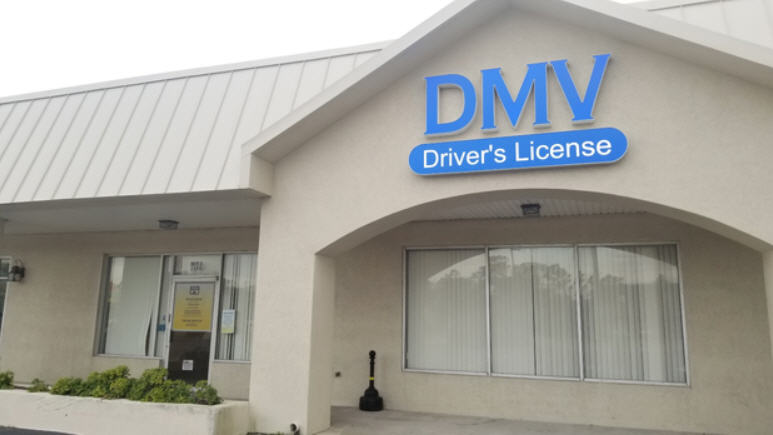Legislative Update: It was raining bills all week
In a week of what for many was an overwhelming amount of introduced legislation – some welcomed, some not so much – one bill, even if not signed into law, provided a brief history lesson.
Senate Bill 583 is an attempt to gain state recognition of Juneteenth Observance Day in North Carolina. According to the resolution, June 19, 1865, is considered the date when the last slaves were notified by Gen. Gordon Granger upon his arrival in Galveston, Tex., that slavery had ended. That was almost two and one-half years after President Abraham Lincoln signed the Emancipation Proclamation. Former slaves in Texas began to observe June 19 as the anniversary of their emancipation, and coined the term “Juneteenth.” It is the oldest nationally celebrated commemoration of the end of slavery and is also known as Juneteenth National Freedom Day, Emancipation Day, Emancipation Celebration, Freedom Day, Jun-Jun and Juneteenth Independence Day. At least 43 states now recognize it as a state holiday.
The resolution seeks to honor history, but many other bills filed seek to change the future.
With months to go before the General Assembly is expected to adjourn, Thursday, March 26, was the last day that public bills and resolutions could be filed in the Senate and thus it rained bills all week – 312 in the Senate, of which 199 were filed on the deadline day. In fewer than two months, members of that chamber have submitted a total of 711 pieces of proposed legislation
In the House, representatives have until April 8 before the deadline for public bills and resolutions pops up in that chamber. The deadline for finance and appropriation bills is April 15. The House offerings of proposed legislation on Thursday was a paltry 22 with a total of 60 for the week.
Through the close of the week, members of the combined chambers have filed 1,098 bills in two months.
While bills were being filed, other action was beginning to move earlier-filed bills through the legislative process. On Thursday, the Senate took action on 482 bills including many previously filed. The House seemed to move at a snail’s pace with just 143 actions.
Senate Bill 369, if passed into law, would change the method used to distribute sales tax revenues that come back to local government. The bill proposes a three-year phase-in to a per capita sales tax system distribution to replace the current formula which portions out the sales tax based 75 percent on point of sale and 25 percent based on population. The new plan would increase the amount that some rural counties would receive, while reducing revenues flowing to more prosperous areas. Of all the counties that would see decreased revenues, Dare County would take the largest hit – 59.2 percent reduction in sales tax revenues. Countywide, the potential lost sales tax revenues for the county and the towns will total approximately $16.7 million. The loss to the county’s budget equals about $11.5 million.
SB 382, if it becomes law, instructs the N.C. Board of Transportation to issue a request for information (RFI) for the privatization of the North Carolina Ferry System. The Board of Transportation would report to the Joint Legislative Transportation Oversight Committee and the Fiscal Research Division no later than Feb. 1, 2016, on the results of the RFI and whether it is more cost-effective to privatize the ferry system.
SB 540 proposes to make into law a provision that would allow the Department of Transportation (DOT) to issue annual passes to individual passengers that entitle the passengers to priority when boarding a ferry passenger vessel. The bill also stipulates that DOT shall charge an annual fee of $150 for each pass and that no one be allowed priority boarding with out paying the fee.
SB 307, introduced by Sen. Bill Cook, R-District 1, if passed into law, would eliminate tolls on ferries and appropriate $5 million per year from the Highway Fund to the Ferry Capital Improvement Account.
SB 517 seeks to help isolated schools. If passed into law, the State Board of Education is to allot additional classroom teachers to schools containing grades K-12 when consolidation is not feasible due to the geographic isolation of the school and the school meets at least one of the following criteria for geographic isolation: the school is located in a local school administrative unit in which the average daily membership is less than 1.5 per square mile; or school is located in a local school administrative unit for a county containing more than 150,000 acres of National Forest owned by the federal government and managed by the United States Forest Service. The State Board shall allot one classroom teacher per grade level in addition to the regular teacher allotment formula. In addition, $1,527,006 is to be appropriated for the 2015-2016 fiscal year and an equal amount for the 2016-2017 fiscal year.
LOCAL GOVERNMENT BILLS
House Bill 201 which makes significant changes to the process for amending zoning and removes a citizen’s right to petition against changes. Instead, the proposed law would allow comments to be submitted to the board before the vote is taken. The bill has passed the House and is now in the Senate. Rep. Paul Tine, U-District 6, voted for the measure.
HB 367 proposes statutes regulating the sale and use of fireworks. It also mandates that fireworks retailers obtain a permit from the municipalities or counties where the retail sales will take place. It would allow public use of fireworks by the public during particular times but limits locations at which fireworks may be set off.
SB 394, if it becomes law, prohibits local governments from creating ordinances or rules that regulate the use and sale of firearms. According to the bill, the regulation of “firearms is an issue of general, statewide concern, and that the entire field of regulation of firearms is preempted from regulation by local governments except as provided by this section… The General Assembly further declares that the lawful design, marketing, manufacture, distribution, sale, or transfer of firearms or ammunition to the public is not an unreasonably dangerous activity and does not constitute a nuisance per se and furthermore, that it is the unlawful use of firearms and ammunition, rather than their lawful design, marketing, manufacture, distribution, sale, or transfer that is the proximate cause of injuries arising from their unlawful use.”
SB 664, a study bill, seeks a study by the Legislative Research Committee about local governments having lobbyists. The study report would be due in the 2016 session and would include the following: the current practices of local governments designating employees of the local government as liaison personnel and of contracting with outside lobbyists to lobby; terms of such contracts with outside lobbyists to lobby; whether the statutes governing registration of individuals to lobby mandate a need for a local government to have a registered lobbyist or liaison personnel; data or additional information from the Secretary of State’s office regarding registration and reporting that the commission deems relevant; and any other relevant information.
SB 472, if signed into law, would authorize local governments to appropriated money for historic rehabilitation and standardize the requirements for appropriating funds for local economic development.
SB 422, also a bill requesting additional studies would, if passed into law, re-establish the State Payment in Lieu of Taxes Study Commission; direct the Environmental Review Commission to study issues related to statewide approaches to control invasive aquatic noxious weeds in the state’s waters; direct the revenue laws committee to study issues relating to the financial impacts on local governments of exempting previously taxable properties from the property tax base when acquired by nonprofits; and clarifying the authority of counties to establish residential recyclable materials collection programs.
In an attempt to restore the right of municipalities to impose a business privilege license, HB 362 would allow municipalities to require businesses to register on an annual basis. The registration information would be used by the city only for the purpose of creating a contact database for police and fire departments, the provision of city services, and the enforcement of city ordinances. A registration fee of up to $50 could be imposed and the resulting revenues would be dedicated to maintaining the contact database.
HB 345, introduced by Rep. Bob Steinburg, R-District 1, if it becomes law, would add Currituck County to an existing statute that allows Brunswick and Dare counties to remove abandoned vessels from navigable waters.
SB 500 aims to create a new state authority – The North Carolina Infrastructure Development Authority – to encourage and enable public-private partnerships. According to the bill, because of the rapid growth of the state and limited fiscal resources to provide the needed public services, facilities, and infrastructure to accommodate that growth, there is a need for new and creative ways to finance, build, and maintain transportation and other public infrastructure.
(Sandy Semans is a retired newspaper editor and reporter who now works as a free-lance writer. She lives in Stumpy Point. Her update on the goings-on in this session of the General Assembly will appear weekly in The Island Free Press, usually on Friday.)













